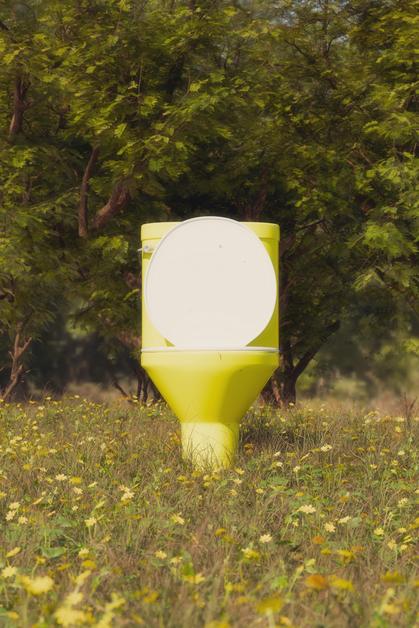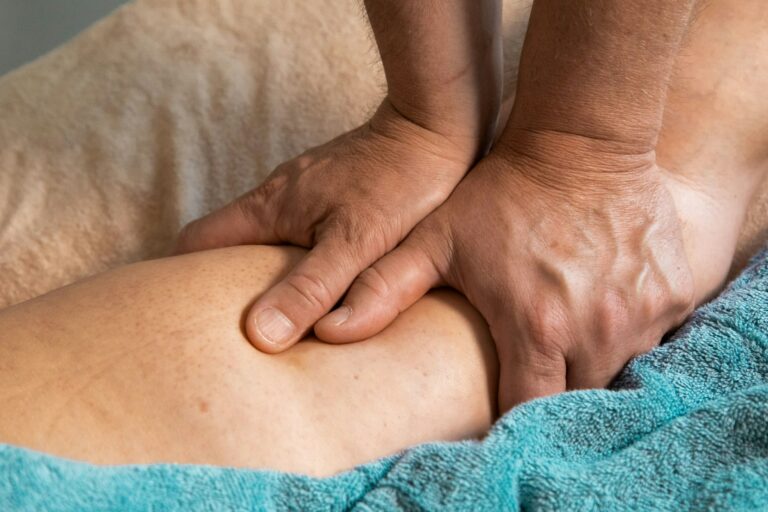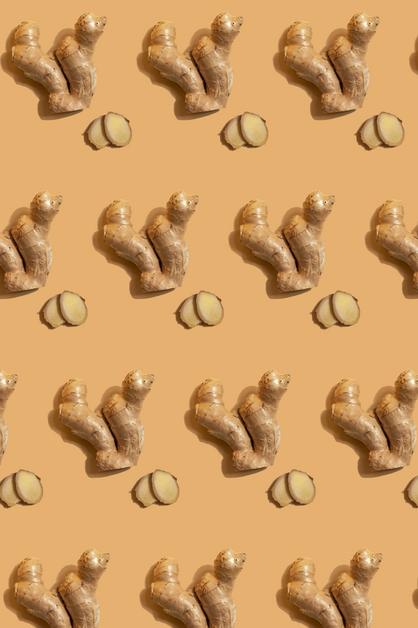Suddenly finding yourself needing the bathroom at what feels like every turn? You’re far from alone—frequent urination pregnancy is an experience woven into the tapestry of expecting a baby. Often dismissed with a knowing smile, this cascade of bathroom trips isn’t just a mild inconvenience; it can upend daily schedules, disrupt treasured sleep, and plant seeds of worry for many expectant parents. Why does this happen so early, sometimes even before a bump appears? How do medical experts distinguish between what’s normal and what signals a deeper concern? The answers are shaped by science, hormones, and anatomy—all converging to reshape your routine as pregnancy advances. This exploration looks at what’s behind frequent urination pregnancy, offers medically grounded guidance, and shares practical comfort tips to help you move through these changes with clarity and confidence.
Understanding frequent urination in pregnancy: what changes and why?
Picture waking up in the quietest hours of the night, not for a midnight snack, but because your bladder is insistent. This is frequent urination pregnancy in action. Before pregnancy, the average adult might visit the restroom around six to seven times in 24 hours. During pregnancy, that number often soars, sometimes doubling. The underlying mechanisms are both subtle and striking.
Right from conception, a whirlwind of hormonal surges, especially hCG (human chorionic gonadotropin) and progesterone, sweeps through the body. Early pregnancy brings a remarkable boost in renal blood flow—your kidneys filter up to 80% more blood than usual, generating a greater volume of urine. Add to this the anatomical squeeze from a blossoming uterus, which reduces bladder capacity for storage. Even tiny amounts of urine can now spark an urgent call to the bathroom.
But it doesn’t end there. Pelvic floor relaxation results from heightened progesterone, making the muscles that once kept leaks at bay just a touch more permissive. Sneezing or laughing? You might notice a little leak—medically called stress incontinence. For some, the experience is mild and manageable. For others, it can feel unpredictable, sometimes even frustrating.
Why does frequent urination pregnancy happen? The interplay of hormones, anatomy, and more
Hormonal influences
- hCG surge: The role of hCG extends beyond early pregnancy tests—this hormone boosts blood flow to the pelvic region and stimulates kidney function, which translates to more frequent urination pregnancy beginning as soon as a positive test.
- Progesterone’s touch: Increased progesterone levels have a relaxing effect on smooth muscle, including those encircling the bladder and urethra. What does this mean? The urge to pee appears faster, and holding it in becomes a challenge.
Anatomical adaptations and increased blood volume
Pregnancy involves a jump in plasma volume—sometimes by as much as 30%. The kidneys, now filtering significantly more blood, generate a continuous trickle that fills the bladder rapidly. Meanwhile, the uterus transforms from a tiny, pear-like organ into something substantial, crowding the bladder well before there’s any outward sign of pregnancy.
Mechanical pressure and pelvic support
As the uterus expands, it applies pressure directly on the bladder. By the third trimester, when the baby’s head drops lower, this pressure becomes relentless. Frequent urination pregnancy intensifies; even a few milliliters of urine are enough to prompt a bathroom dash.
When it isn’t just hormones or pressure
Urinary tract infections (UTIs), gestational diabetes, and, less commonly, bladder or neurological conditions can also explain unusually persistent symptoms. Watch for burning sensations, persistent pain, blood in the urine, or lower back pain—these call for direct medical evaluation without delay.
Trimester deep dive: how does frequent urination pregnancy evolve?
First trimester: everything accelerates
From the earliest weeks, hormonal changes are in full swing. Even before the bump, even before morning sickness sets in for some, frequent urination pregnancy might be the very first whisper of what’s taking place. The uterus, still nestled inside the pelvis, squashes the bladder beneath it. For many, every trickle of fluid is felt and acted upon.
Second trimester: a brief intermission
At last, relief—at least for some. As the uterus shifts above the pelvis, the bladder gets a little space. While frequent urination pregnancy often slows down, don’t be surprised if it persists, especially at night or after extra hydration.
Third trimester: the return
As the due date draws near, the baby settles lower, escalating bladder pressure all over again. Now, even a light laugh or brisk walk can suddenly spell bathroom urgency.
After delivery: the readjustment
In the early days postpartum, fluid shifts and hormonal adjustments can spark a new wave of frequent urination. By about six weeks, things should settle. If difficulty persists—especially if leaks or pain continue—consult your provider for a pelvic floor assessment.
Symptoms: separating normal from warning signs
Frequent urination pregnancy is rarely cause for alarm, but the lines can blur. Here’s what’s commonly expected:
- Sudden, strong urges to urinate—even with only small volumes in the bladder.
- More trips to the bathroom both day and night (nocturia).
- Occasional “leaks” with pressure, laughing, or sneezing.
But when should concern take priority?
- Painful urination, burning, or stinging sensations.
- Unusual urine color—cloudy or tinged with blood.
- Persistent lower abdominal or back pain.
- Fever, chills, or feeling unwell.
Some urinary tract infections manifest quietly, adding little to no discomfort. Routine urine screening during prenatal visits is not just reassuring—it’s essential.
Everyday strategies for comfort and confidence
Hydration: quality over quantity
Reducing water intake might seem logical to curb frequent urination pregnancy, but dehydration poses risks to kidney function and increases susceptibility to urinary tract infections. Aim for 1.5 to 2 liters of water daily, adjusting timing so that most fluids are consumed earlier in the day.
What irritates the bladder? Steer clear if possible
Caffeine, carbonated drinks, artificial sweeteners, and spicy foods can irritate the bladder lining and intensify urgency. Experiment with your routine, tracking what makes symptoms worse and adjusting accordingly.
Clothing, hygiene, practical tips
- Choose soft, breathable cotton underwear and non-restrictive clothing.
- Always wipe from front to back—reducing the risk of bacterial spread.
- Gentle, fragrance-free soaps help maintain the natural pH of intimate skin.
Bathroom habits for comfort
- Respond without delay to bathroom urges to avoid bladder fatigue.
- Fully empty your bladder by leaning forward while sitting on the toilet.
- Prioritize a trip to the restroom before leaving home or settling in for sleep.
Managing incontinence, leaks, and routine changes
As pregnancy progresses, leaks may become part of the story. Breathable pads and panty liners (unscented, hypoallergenic varieties) offer security without irritation. Plan outings with restroom access in mind. Clothing that’s easy to remove can also save precious seconds.
Nutrition, bowel health, and bladder wellness
Constipation can add pressure on the bladder, making symptoms worse. Focus on fiber-rich foods—whole grains, fruits, and vegetables. Some parents find benefit in incorporating nuts, seeds, and green vegetables; while evidence varies, a balanced diet supports both urinary health and regular bowel movements.
Pelvic floor exercises: Kegels matter
Strengthening pelvic muscles is within everyone’s reach. Contract, hold (5 to 10 seconds), and release, repeating in sets of 10–15, three times per day. Done regularly, these muscle exercises support bladder control and may reduce leaks during pregnancy and after birth.
Nighttime considerations
Afraid of tripping on the way to a midnight bathroom run? A soft night light can make a real difference. Elevating the legs briefly during the day might also decrease nighttime swelling and urination.
Special contexts and complementary perspectives
IVF, assisted conception, and frequent urination pregnancy
Fertility treatments often amplify early hormonal changes and may provoke even more striking symptoms. Monitoring is generally closer, so sharing any new or concerning sensations with your fertility or prenatal team is always appropriate.
Herbal, dietary, and alternative approaches
Cranberry supplements and juices are sometimes touted for urinary health, but safety in pregnancy varies. Always cross-check with your provider before adding any supplement to your regimen. While no food or beverage can substitute for evidence-based medical advice, a diet full of hydrating foods and vegetables can modestly contribute to comfort.
Medical attention: when and why to reach out
Some scenarios need a timely consultation:
- Persistent, painful urination
- Blood in the urine or changes in urine color
- Unexplained fever, chills, or body aches
- Severe lower abdominal or back pain
- New or worrisome symptoms in the setting of frequent urination pregnancy
Routine check-ups with urine analysis provide an added layer of safety, especially since silent UTIs are not uncommon during pregnancy. Prompt treatment prevents kidney infections, reduces risks of preterm labor, and protects both parent and baby.
Emotional well-being and sleep: moving through the challenge
Interrupted rest, daytime fatigue, and frustration with bathroom logistics accompany frequent urination pregnancy. The emotional impact is often underestimated. Sharing feelings with loved ones, pausing for gentle yoga, or taking a moment to practice mindfulness can help ground your day. Small adaptations—a positive mindset, practical adjustments, and the knowledge that this phase is usually temporary—can meaningfully improve quality of life.
Protecting your pelvic and urinary health: habits for now and beyond
- Hydrate regularly, but front-load fluids earlier in the day when possible.
- Practice excellent intimate hygiene and choose breathable underwear.
- Prioritize bathroom visits at the first sign of urgency.
- Integrate Kegel exercises into your daily routine.
- Favor a fiber-rich, balanced diet to keep both bowel and bladder healthy.
- Attend all routine prenatal appointments for early detection of complications.
- Consult your provider before adding supplements, even those considered natural.
Common misconceptions and medically grounded facts
- Myth: Constant urination always means something’s wrong.
Fact: For most, frequent urination pregnancy simply reflects natural, healthy changes. - Myth: Cutting back on fluids will fix the problem.
Fact: Dehydration increases infection risk and can negatively affect kidney function and amniotic fluid levels. - Myth: More urination late in pregnancy signals that labor is about to start.
Fact: While bladder pressure ramps up as your baby drops, it doesn’t predict the onset of labor. - Myth: Every case means a urinary tract infection.
Fact: Most often, the cause is physiological—not infectious.
Key Takeaways
Frequent urination pregnancy can feel relentless, sometimes even bewildering, but its origins are overwhelmingly rooted in natural, science-backed changes. Whether it’s hormones in the driving seat, anatomical shifts, or the dual pressures of growing baby and increased blood flow, most cases are evidence of your body adapting brilliantly.
Stay hydrated, treat your bladder kindly, and practice simple strategies—from optimal hygiene to pelvic floor exercises—to safeguard comfort. If symptoms stray beyond the expected, timely medical care is your best ally. Parenting starts here: with informed choices, self-advocacy, and compassionate support. For tailored information, practical advice, and free health questionnaires for your child, you can download the Heloa application—a supportive resource ready at your fingertips.
Questions Parents Ask
Can frequent urination be an early sign of pregnancy?
Absolutely, frequent urination can be one of the very first signs that pregnancy has started. Many people notice the need to visit the bathroom more often just a couple of weeks after conception, sometimes even before a pregnancy test comes back positive. These early changes are often due to hormonal shifts—especially rising levels of hCG—which increase blood flow to the pelvic region and prompt the kidneys to make more urine. If you’re experiencing this symptom with other early pregnancy indicators, c’est tout à fait normal.
When does frequent urination usually begin and how long does it last during pregnancy?
For most, frequent urination begins quite early—sometimes as soon as the first two or three weeks, and commonly by the 6th to 8th week of pregnancy. It tends to ease off slightly during the second trimester for some parents, before returning toward the end of pregnancy when the baby gets bigger and places more pressure on the bladder. It’s comforting to know this pattern is expected, and for many it continues up to delivery. Each body is unique, so the frequency and timeline of this symptom may vary, but rassurez-vous, it is simply your body adapting to all the remarkable changes underway.









